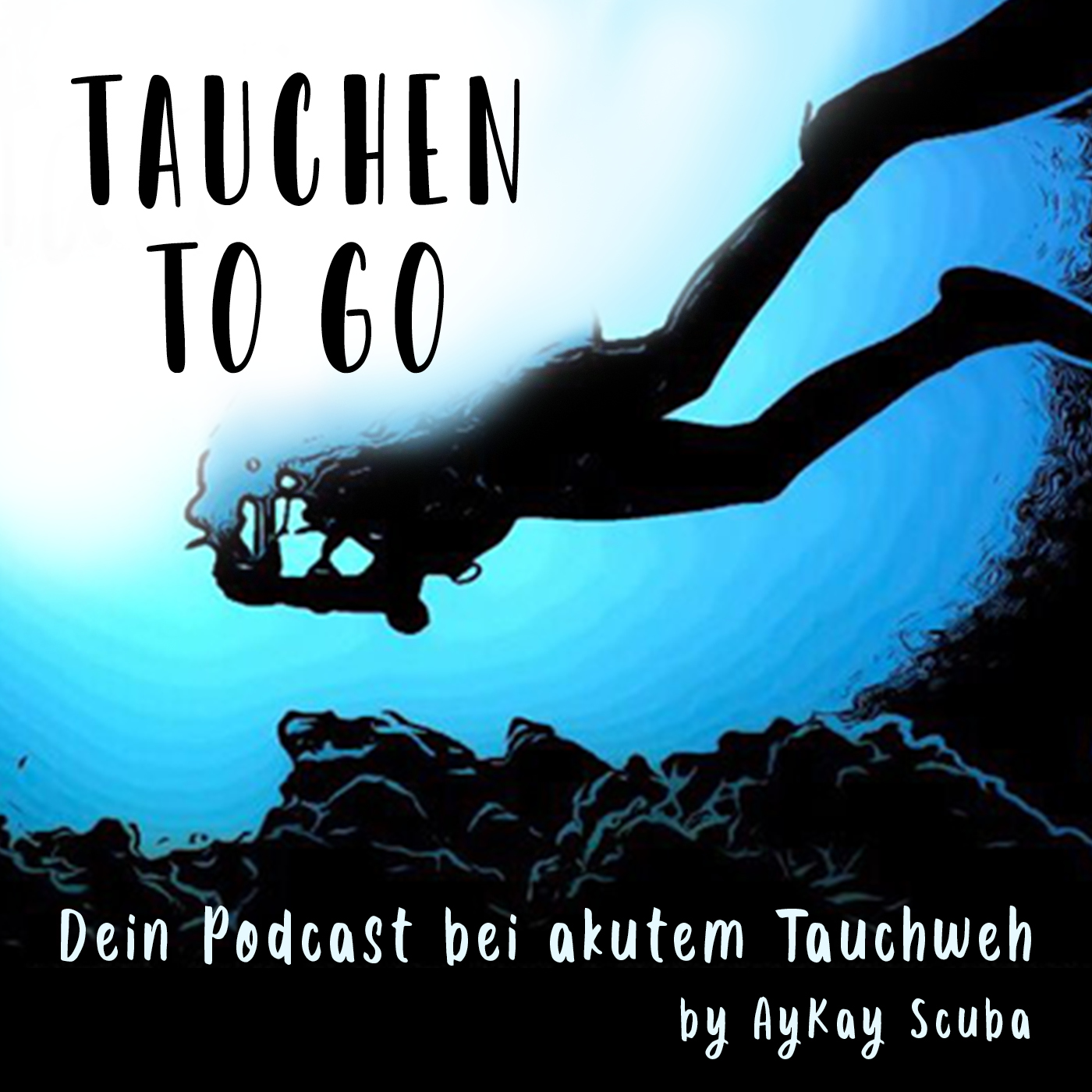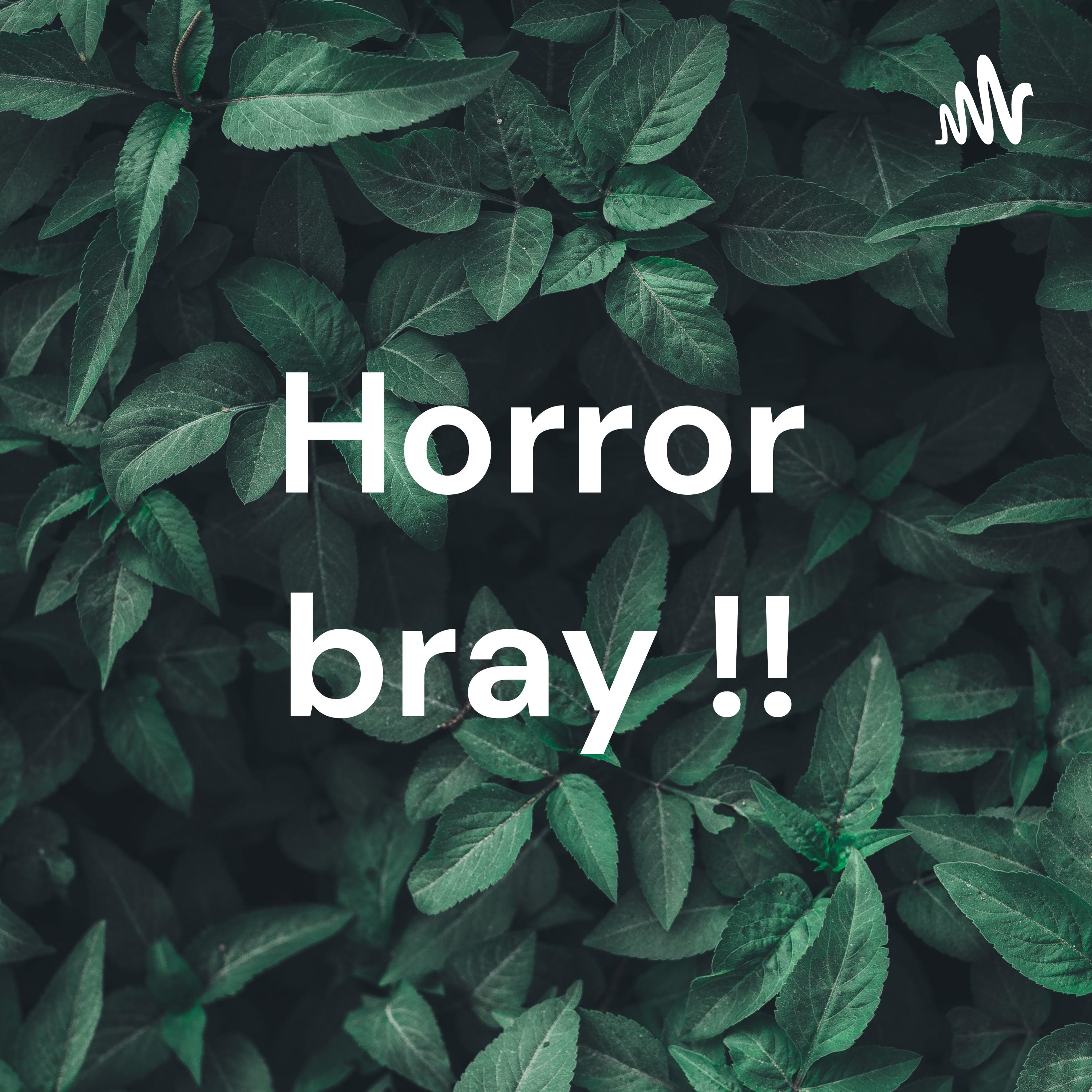 |
Wild Wisconsin - Off the RecordWild Wisconsin: Off The Record is bringing you inside voices on Wisconsin's outdoors. Author: Wisconsin Department of Natural Resources
Wild Wisconsin: Off The Record is bringing you inside voices on Wisconsin's outdoors. It doesnt matter if you live to hunt and fish, watch birds, love camping, or you're someone who likes to get outdoors for a walk every once in a while, there's something here for everyone. Language: en-us Genres: Places & Travel, Society & Culture, Sports, Wilderness Contact email: Get it Feed URL: Get it iTunes ID: Get it |
Listen Now...
75 Years Of Fish Research: The Northern Highlands Fisheries Research Area
Episode 60
Wednesday, 16 June, 2021
Back in 1946, the Wisconsin Conservation Commission had the idea to set aside an area made up of five lakes in Vilas County for fisheries research. Using special free permits and mandatory reports from all anglers fishing the lakes, they’ve gained a lot of knowledge and tested the impact of various fishing regulations on those fishing populations. We’re celebrating the 75th anniversary of this groundbreaking research area. To learn more, we spoke with the facility’s lead reasearcher, Greg Sass. Listen in as he talks about the way the data is used, how it has evolved over the years and what the hopes to see over its next 25 years.Learn more about research at the Wisconsin DNR: https://dnr.wisconsin.gov/topic/Research--------------------------------------TRANSCRIPTSARAH HOYE: [00:00:00] From the Wisconsin DNR, this is Wild Wisconsin. Bringing you inside voices on Wisconsin's outdoors.KATIE GRANT: [00:00:16] Welcome back to another episode of Wild Wisconsin "Off the Record". I'm your host, Katie Grant. After World War II, fishing and resort-based tourism was beginning to boom in northern Wisconsin, specifically near Boulder Junction. At the same time, the Wisconsin Conservation Commission, which is now known as the DNR recognized a need to better understand the fish population in the area. In 1946, they established what was then known as the Five Lakes Research Project across well, five lakes in the area. It utilized special licenses and reports from all anglers on these lakes to gain data and test the impact of various regulations and stocking practices.Flash forward to 2021. And we are celebrating the 75th anniversary of this groundbreaking research area. Over the years over 243,000 anglers have fished the shores of just Escanaba Lake accounting for over 1 million hours of angling effort. It's now known as the Northern Highland Fisheries Research Area.Greg Sass has been the lead researcher there for half a decade. Sit back and listen in as we talk with him about how the research here is used, how it's evolved over the years and what he hopes to see over its next 25 years. All right. Well, welcome to the show, Greg. We are very excited to talk about the Northern Highland Fishery Area and its upcoming anniversary.But first, why don't you tell us a little bit about who you are and what it is? GREG SASS: [00:01:53] Well, thanks so much for having me, Katie. It's exciting to talk about, uh, the 75th anniversary of the Northern Highland Fishery Research Area coming up. Uh, my name is Greg Sass and I'm Fisheries Research Team Leader in Wisconsin, DNR Office of Applied Science.And my role within the agency is to lead our group of fisheries, research, scientists, biologists, and technicians to address high-priority fisheries research needs for our fisheries management program, um, and other program partners. So, um, I helped to facilitate that program. Um, I oversee and direct the Northern Highland Fishery Research Area Program. And then we work extensively, uh, with university partners and our stakeholders and tribal partners, um, as well to conduct research, to benefit the fisheries of Wisconsin and beyond. KATIE GRANT: [00:02:40] We've both mentioned the Northern Highland Fishery Area. Can you tell us a little bit about what it is and why it was established?GREG SASS: [00:02:48] Absolutely. The Northern Highland Fishery Research Area, um, was established in 1946 by the Wisconsin Conservation Commission at the time, which is now of course our Wisconsin Department of Natural Resources. Um, and at that time in northern Wisconsin, um, the tourist-based in, in fishing resort-based economy was just starting to pick up.And we didn't have a tremendous amount of information about our fisheries in this part of the state. And in listening to anglers and stakeholders, our anglers were concerned about stunting and fish populations, and stunting is basically, um, slow growth and in low size structure or a lot of small fish in a population.And in response to that, the Wisconsin Conservation Commission, uh, set aside five lakes in Vilas County, near Boulder, Boulder Junction to use as experimental fisheries research lakes. And at that time to address the question of stunting and fish populations, the default regulation on all five lakes was that there would be no size limit, no bag limit, and no closed season on any species unless specified for research purposes. And so, um, the, the lakes were set aside initially to, uh, look at a test. We're gonna allow, um, as much harvest of any size and. Um, any fish species, uh, without any closed seasons to see how those fish populations responded.Um, in addition to that, the five lakes were chosen to be representative of the lakes in the area. So, um, Vilas County has about 1300 lakes and they're, they're very diverse from clear to, uh, very tannic, meaning that the waters slightly stained brown, um, to deep, to small, to large. And so the five lakes that were selected kind of represent that gradient with Escanaba Lake, uh, being a drainage lake with fish species, diversity Pallette Nebish lake, being what we call our classic kettle lakes, where an ice block was left in the landscape from a glacier. So they're deeper and they're clear, um, and relatively unproductive. And then we have two sphagnum bog lakes, which are kind of more of our wetland lee lakes with darker water color in a Mystery Lake and Spruce Lake.KATIE GRANT: [00:04:51] Can you just kind of clarify a little bit because I don't understand necessarily the different kinds of lakes. You mentioned that the kettle lake is, is left from the glacier. Can you talk a little bit more about the other two? GREG SASS: [00:05:02] So when I talk about Escanaba Lake being a drainage lake, it means that it has an inflow and outflow.And so, uh, the inflow to Escanaba Lake comes from Spruce and Mystery Lake into the lake. And then the lake flows out to Lost Canoe Lake. And so that's what we mean with drainage lakes, uh, for Pallette Nebish when I say it was an ice block left in the landscape. These are lakes that are, um, their lake levels are dominated by precipitations and we have high levels of precipitation over time.the lake levels are going to be higher. Um, when we have a drought, like we did in the early 2000s up here, those lake levels are going to be lower because the water table is lower for precipitation. And with our sphagnum bog lakes, these are lakes that are surrounded by lowland areas, uh, with vegetation like spruce, uh, leather leaf, uh, wild cranberry.They're more of our wetlands sort of lakes. And with that wetland influence, uh, they tend to have, uh, a tea or a coffee-stained color water. And that's what I mean, when I say tannic.KATIE GRANT: [00:05:57] The main purpose of the fishery area is really research. Right? Can you tell us a little bit about some of the projects that have happened there over the years?GREG SASS: [00:06:06] Absolutely. Like I mentioned, early on the initial regulations were set up to, um, see about stunting and fish populations and how, um, high exploitation or a lack of regulation would influence that. But over time, there's been a number of different research projects that have been conducted on the lakes that have had, um, you know, pretty fair significance and importance.












